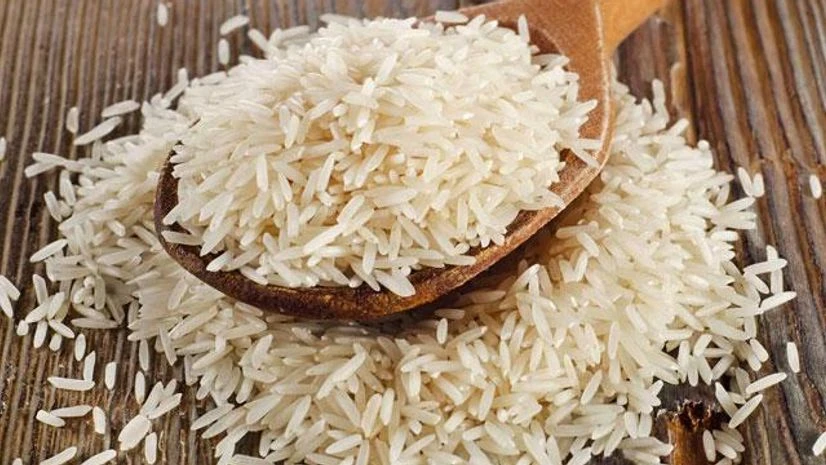By Rajendra Jadhav
MUMBAI (Reuters) - Indian rice exporters have been receiving requests from buyers to advance shipments of basmati rice after New Delhi banned exports of non-basmati white rice to dampen local prices, industry officials told Reuters.
The world's biggest exporter of rice surprised buyers earlier this month by imposing a ban on exports of non-basmati white rice after retail rice prices climbed 3% in a month after late but heavy monsoon rains caused significant damage to crops.
"Buyers are requesting early shipments because they fear that the government might put restrictions on exports of basmati rice as well," said Atul Garg, managing director at GRM Overseas, a leading exporter of basmati rice.
Buyers usually sign long-term contracts with the assurance of dispatching a certain quantity every month. However, some of the buyers are now requesting to ship in August what was supposed to be shipped in September and October, he said.
Also Read
India exported around 4.5 million metric tons of basmati rice in 2022/23, with Saudi Arabia, Iran, Iraq, United Arab Emirates, Yemen and the United States among the top buyers.
Non-basmati white rice, which India has banned for export, is mainly purchased by Senegal, Benin, Togo, Bangladesh, and Cote d'Ivoire.
India never banned exports of basmati rice in the past but did impose export taxes in 2008.
"We are assuring buyers that there is no possibility of a ban on basmati rice exports but some buyers are afraid due to the government's recent decisions," said another exporter based in New-Delhi.
India banned wheat exports in a surprise move in 2022 and later imposed restrictions on exports of sugar and rice.
Basmati rice is mainly produced in northern states of Punjab, Haryana, Uttar Pradesh, and Himachal Pradesh, which were flooded earlier this year because of extremely heavy rainfall.
But basmati rice growing areas have increased in 2023 and production is likely to be higher than last year, said Vijay Setia, an exporter.
"Many farmers in Uttar Pradesh are shifting to basmati rice from non-basmati because of higher prices," Setia said.
(Reporting by Rajendra Jadhav; editing by Christina Fincher)
(Only the headline and picture of this report may have been reworked by the Business Standard staff; the rest of the content is auto-generated from a syndicated feed.)

)
